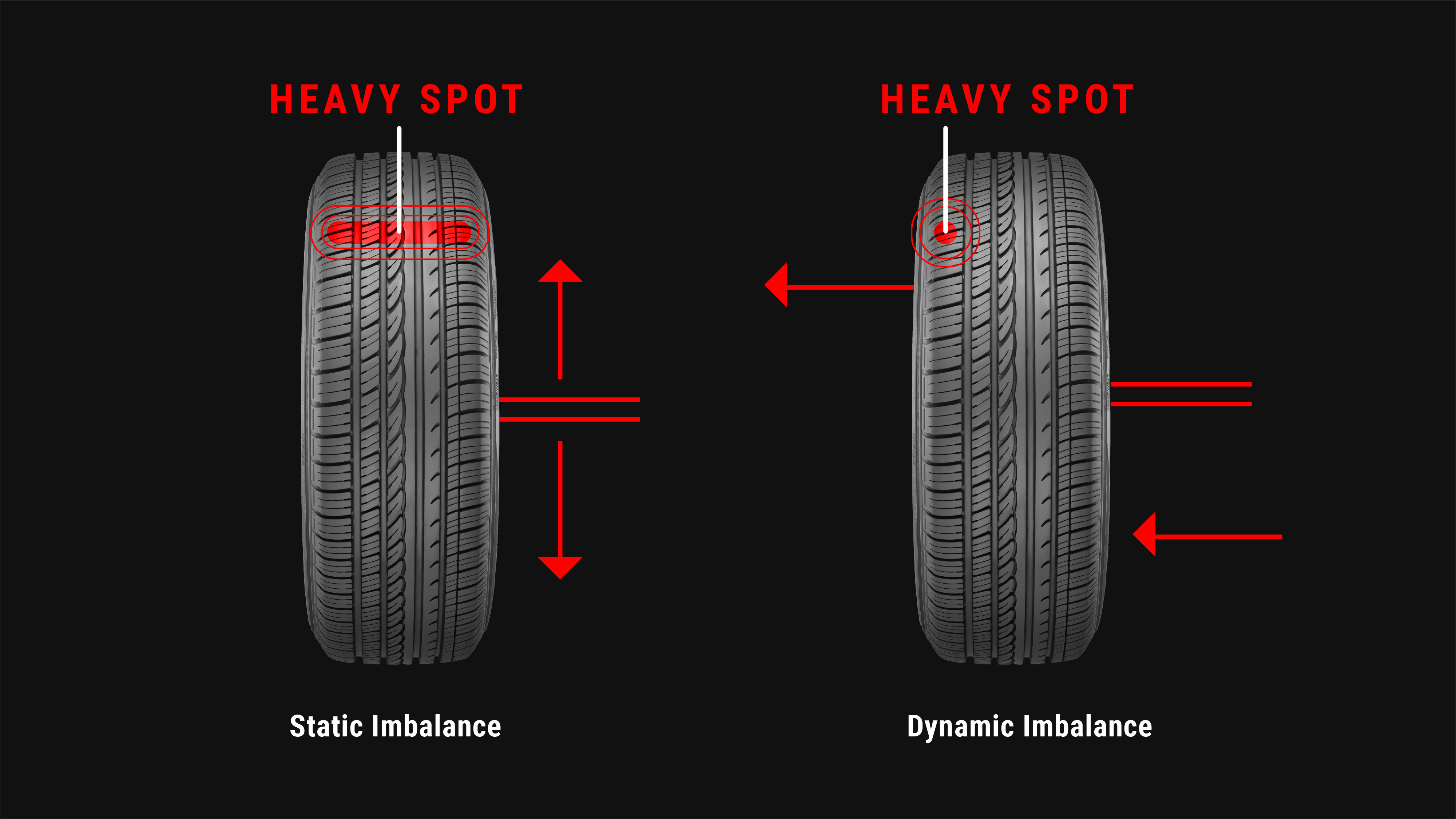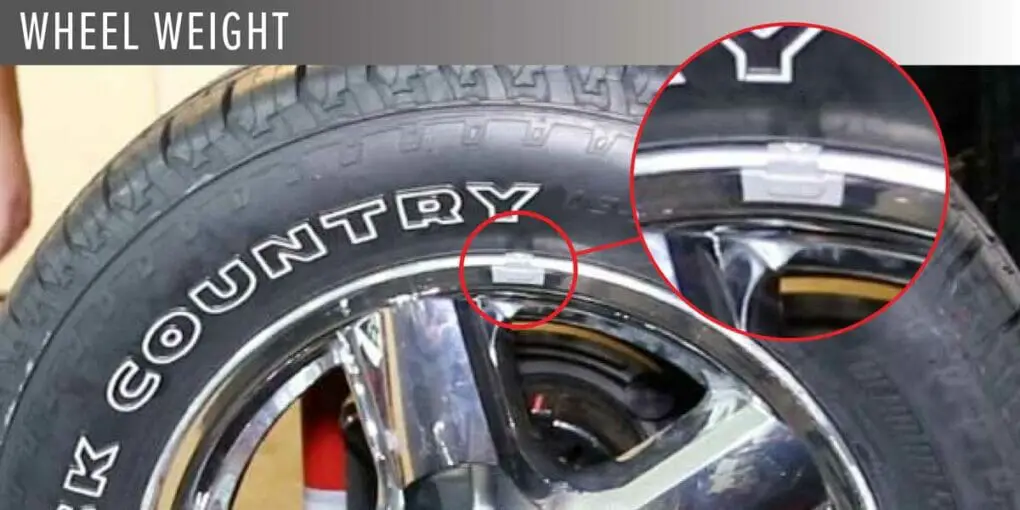How Much to Rebalance Tires
Tire rebalancing is one of the most important maintenance tasks for keeping your vehicle running smoothly. It’s also one of the most common, and often over-looked, services performed on vehicles. You may not think about it, but every time you hit a pothole or speed bump, your tires can become unbalanced.
This can lead to premature tire wear, vibration in the steering wheel, and even decreased fuel economy.
If you’re like most people, you probably don’t think much about your tires. But they play a vital role in keeping your car running safely and smoothly. That’s why it’s important to keep them properly inflated and balanced.
Most mechanics recommend that you rebalance your tires every 5,000 miles or so. But how do you know if they really need it? Here are a few signs to watch for:
1. Uneven wear on the treads. This can be caused by an imbalance in the tire itself or by incorrect wheel alignment. Either way, it’s something that needs to be fixed ASAP.
2. Your car vibrates when driving at high speeds. This is another sign of an imbalance, and it can be dangerous if left unchecked.3. You’ve had a flat tire recently.
While this doesn’t necessarily mean your other tires are out of balance, it’s worth having them checked just to be safe.If any of these things sound familiar, then it’s time to bring your car in for a tire balancing service. It may seem like a small thing, but trust us – it’s worth the peace of mind!
How Do I Know If I Need To Get My Tires Balanced?
Tire Balance And Alignment Cost
The cost of tire balancing and alignment can vary depending on the type of vehicle you drive and the size of your tires. For example, a small car with standard sized tires may only cost around $50 to $100 for both services. However, a large SUV with larger than average tires could cost upwards of $200 or more.
Additionally, the price may go up if your vehicle has special features that require extra attention during the service, such as four-wheel drive.Most auto shops include tire balancing and alignment in their regular maintenance packages, so it is important to ask about pricing beforehand. Many times, it is cheaper to get both services done at the same time rather than separately.
It is also a good idea to get your tires serviced regularly to prevent any major issues down the road.
How Long Does It Take to Balance Tires
“How long does it take to balance tires?” is a question that we often get asked here at Discount Tire. The answer, unfortunately, is not as simple as we would like it to be.There are a few factors that can affect how long it takes to properly balance your tires.
The first is the type of tire you have. Some tires are easier to balance than others. Secondly, the size of your tires can also affect how long it takes to balance them.
Larger tires can take longer to balance than smaller ones. Finally, the condition of your tires can also play a role in how long it takes to get them balanced. Tires that are in good condition will generally be easier to balance than those that are worn or damaged.
With all of that being said, there is no definitive answer to the question “how long does it take to balance tires?” It really depends on the individual circumstances. However, our general advice would be to allow at least an hour for the entire process (including mounting and dismounting the tires).
This will give you plenty of time to make sure everything is done correctly and avoid any potential rush-related mistakes.
Tire Balancing Vs Alignment
There are a lot of car owners out there who don’t really know the difference between tire balancing and alignment. To help you make an informed decision about which service is right for your vehicle, we’ve put together this helpful blog post.Tire balancing is the process of making sure that all of your tires rotate at the same speed.
This is important because if one tire is rotating faster than the others, it can cause premature wear and tear. Balancing your tires also helps to improve fuel economy and provides a smoother ride.Alignment, on the other hand, is the process of making sure that your tires are pointing in the right direction.
This is important because if your tires are misaligned, it can cause them to wear down prematurely and unevenly. Alignment can also affect how well your car handles and drives.So, which service do you need?
If you’re not sure, it’s always best to consult with a professional mechanic. They will be able to inspect your vehicle and let you know which service would be best for you.
Tire Balancing near Me Cost
When it comes to the cost of tire balancing, there are a few things to keep in mind. First, the size of your tires will impact the price. Second, the type of vehicle you drive will also affect the cost.
Third, where you have your tires balanced can make a difference in price. Here are a few examples to help give you an idea of what to expect:-The average cost to balance a set of four tires on a passenger car is between $40 and $60.
-The average cost to balance a set of four tires on an SUV or truck is between $60 and $80. -The average cost to balance a set of four off-road tires is between $80 and $100.As you can see, there is quite a range in prices when it comes to tire balancing.
The best way to get an accurate estimate for your specific situation is to contact a local tire shop or dealer and ask for a quote.

Credit: www.yokohamatire.com
How Much Does It Cost to Balance All 4 Tires?
Most mechanics will charge between $40 and $100 to balance all four tires on a car. The price will vary depending on the type of car, the size of the tires, and the location of the mechanic. Many tire shops will offer free balancing with the purchase of new tires.
Do Tires Ever Need Rebalancing?
Tire rebalancing is something that you may not need to do very often, but it is important to keep in mind. Over time, your tires can become unbalanced which can lead to a number of problems. An unbalanced tire will wear unevenly, which can cause premature tread wear.
It can also lead to vibration in the steering wheel or seat, and increased fuel consumption.If you notice any of these problems, it’s time to have your tires rebalanced. The good news is that this is a relatively quick and easy process.
A professional mechanic will be able to do it in no time at all.
What Do Unbalanced Tires Feel Like?
If you’re driving and notice that your steering feels a little off, or that your car is pulling to one side, it could be because you have an unbalanced tire. Unbalanced tires can cause all sorts of problems, from decreased gas mileage to premature tire wear. They can also make your car feel very uncomfortable to drive.
So what does an unbalanced tire feel like? Well, it depends on how severe the imbalance is. If it’s a small imbalance, you might not even notice it.
But if the imbalance is more significant, you’ll definitely feel it when driving. The steering will feel loose and sloppy, and the car will pull to one side. You might also notice that your ride is rougher than usual and that your tires are wearing unevenly.
If you suspect that your tires are unbalanced, the best thing to do is take them to a professional mechanic or tire shop and have them balanced properly. It’s a relatively inexpensive fix that can make a big difference in how your car drives and feels.
How Long Does It Take to Rebalance a Tire?
It usually takes around 30 minutes to rebalance a tire. This includes taking the tire off, putting it on the balancing machine, and then putting it back on the car. The entire process can be done in less than an hour if you have all the necessary tools and equipment.
Conclusion
How Much to Rebalance TiresTire balancing is an important part of maintaining your vehicle. It helps to ensure even tire wear and can improve fuel economy.
But how often should you rebalance your tires?It’s generally recommended that you rebalance your tires every 5,000 miles or so. However, this may vary depending on the type of tires you have and how they’re used.
For example, if you frequently drive on rough roads, you may need to rebalance more often.If you’re not sure how often to rebalance your tires, consult your owner’s manual or ask a qualified mechanic.


